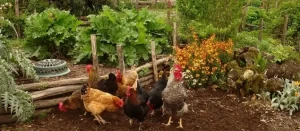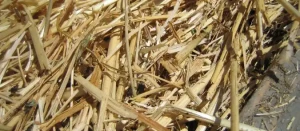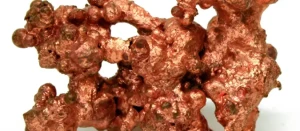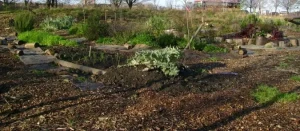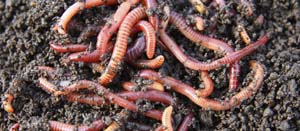SEARCH RESULTS > ARTICLES > microbial activity
Permaculture, a term blending "permanent" and "agriculture," represents a holistic approach to food production that aims for sustainability, biodiversity, and resilience. It's a system of agricultural design that integrates human dwellings, wildlife, landscapes, and natural elements to create harmonious, self-sustaining ecosystems. In the realm of gardening and agriculture, permaculture offers profound insights and techniques that redefine how we interact with the land. Learn More
The no-dig method, also known as no-till gardening, is a sustainable and organic approach to cultivating vegetables without disturbing the soil structure. This gardening technique has gained popularity among gardeners due to its numerous benefits for soil health, plant growth, and overall garden productivity. Unlike traditional gardening methods that involve tilling, digging, and turning the soil, the no-dig method emphasizes minimal soil disturbance. Instead of breaking up the soil, gardeners layer organic materials on top of the ground to create nutrient-rich soil beds where plants can thrive. By implementing the no-dig method, gardeners can improve soil structure, enhance soil fertility, and promote beneficial soil organisms such as earthworms and microorganisms. Additionally, this approach helps to conserve water, reduce weed growth, and minimize soil erosion. Learn More
Electroculture gardening, an age-old practice gaining renewed attention, involves the application of electrical stimulation to enhance plant growth, health, and productivity. This innovative technique harnesses the power of electrical fields to optimize soil conditions and promote vibrant, resilient plants. Learn More
In the quiet depths of garden soil, a hidden symphony unfolds as plants engage in intricate relationships with microorganisms. Beyond the visible blooms and verdant foliage lies a complex network of interactions that profoundly shape the health and fertility of the soil. In this exploration, we delve into the nuanced world of plant-microbe relationships and their transformative impact on garden soil. Learn More
Worms in your garden provide several benefits, making them valuable allies for gardeners and the overall ecosystem. Here are some of the advantages of having worms in your garden. Learn More
